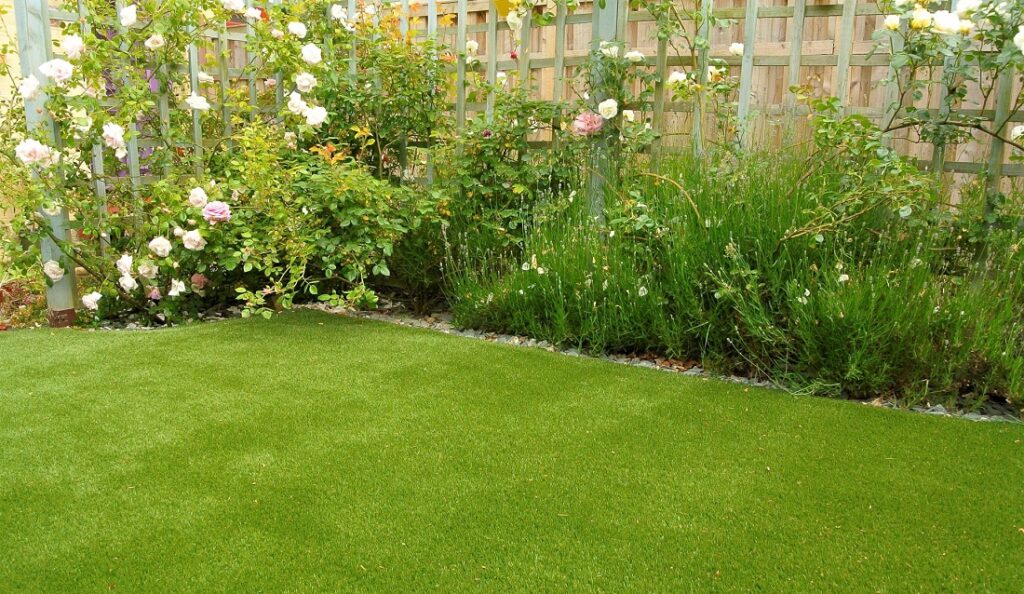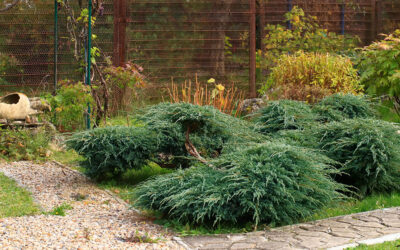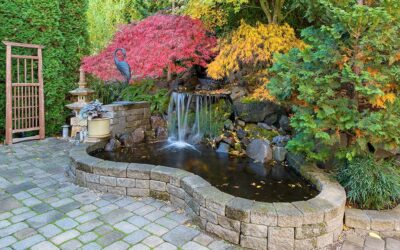Artificial Grass vs Real Grass Which is Right for You
Table of Contents
Artificial grass has been growing in popularity in recent years, and rightly so. The newer generation of artificial grass often looks good as the real stuff, plus it requires little to no care. However, that’s not to say it is for everyone. If you are deliberating over a real lawn or an artificial one, this guide can give you some pointers.
Real Grass Benefits
A real lawn can be a beautiful thing, it adds peace and serenity to your outdoor space. If you want something to nurture and tend to, then a real lawn is the right choice for you. On top of that, no matter how realistic artificial grass feels, you can’t beat the feeling of real grass between your toes.
Real Grass Drawbacks
Luscious green lawns do come at a cost to the environment, in winter this is not so much of an issue as the rainfall in the UK will leave your grass looking bright and healthy. However, in summer the hot sun and temperature can often singe your lawn, meaning it needs regularly watered, which has an environmental impact.
On top of that, you need to mow and trim the grass, often with diesel-fuelled tools, and fertilize it with chemicals that pollute the groundwater. The negative effects of keeping your lawn looking healthy and fresh often out outweigh its oxygen-producing benefits.
Artificial Grass Benefits
An artificial lawn requires no watering, no mowing, and no feeding. Some manufacturers even use recycled materials such as old plastic bottles or tires. Although it can be expensive, an artificial lawn has a life expectancy of 25 years, so it is less costly than a real lawn, over its lifespan. On top of that, it can be the best option if you have a shady garden that gets little sun.
Artificial Grass Drawbacks
Although it often looks and feels like it is the real thing, ultimately artificial lawns are made of plastic, and some people can’t get past that fact. Furthermore, whilst it is hailed for its water-saving benefits, it does have its own drawbacks. Artificial grass is a petroleum-based product that creates pollution and waste in the manufacturing process. Whilst it is sometimes made from partially recycled materials, it is not biodegradable, and so will ultimately end up in a landfill one day.



